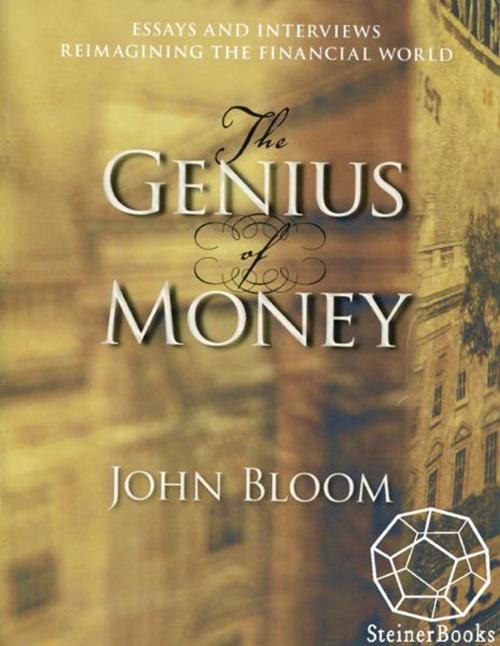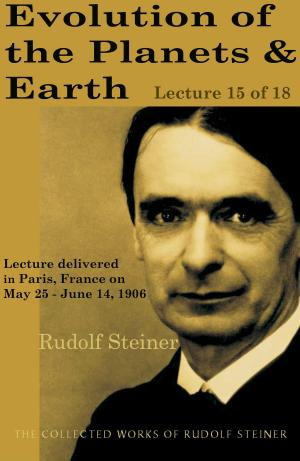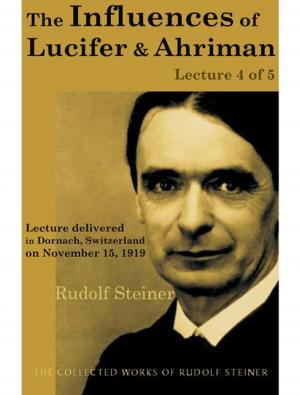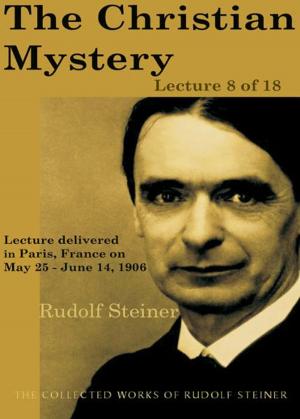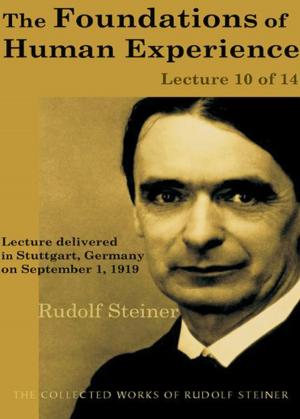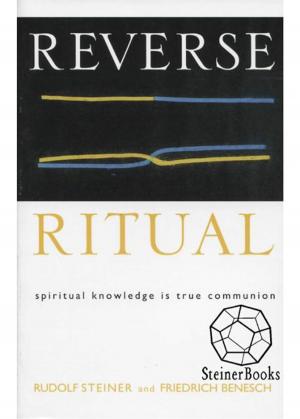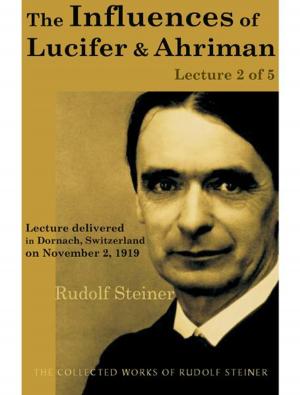The Genius of Money: Essays and Interviews Reimagining the Financial World
Nonfiction, Social & Cultural Studies, Social Science, Sociology| Author: | John Bloom | ISBN: | 9781621511007 |
| Publisher: | Steinerbooks | Publication: | October 1, 2009 |
| Imprint: | SteinerBooks | Language: | English |
| Author: | John Bloom |
| ISBN: | 9781621511007 |
| Publisher: | Steinerbooks |
| Publication: | October 1, 2009 |
| Imprint: | SteinerBooks |
| Language: | English |
Coming to terms with money is one of the great transformational challenges of our time. This collection of essays and interviews is an invitation and inquiry addressing that challenge on a systemic and personal level. The book presents an engaging worldview that emerges from the intersection of money and spirit. Practical, spiritual, and unwavering, it investigates the financial world as it plays out in daily life through our transactions. The first section, called The Poetics of Money, is framed on historical and contemporary works of art that reveal some of the cultural history of money. From the Renaissance to Pop Art to the Conceptual, artists have recognized the iconic power of money. They have moralized through it, played on its replicability, and suggested some of its archetypal power. The author explores these modes to better understand how our own attitudes about money are formedunconsciously and consciouslythrough our culture. The second section, The Topography of Transactions, explores the inner landscape of financial transactions. By looking at the various qualities of money and how we work with them inwardly and in our relationships, the connections between money, human development, and consciousness emerges. Faith, hope, and lovepowerful forces in our livesare central to our financial well-being. The third section, A Wealth of Transformation, consists of interviews with individuals who have transformed themselves as they transformed the world through social entrepreneurship, philanthropy, philosophical inquiry into money, investing, and spiritual practice. These exemplars represent the many who have recognized that the financial world needs to change if we are to have peace in the world. Here is what the author has to say about our situation today: We are being forced by economic crisis to look at the deeper issues of moneyits shadows, light, power and its evanescence. It is a great bellwether of the state of our consciousness. It is time to look at the hard issues, especially money, in a new way that incorporates spirit and social values. If anything has been made clear, it is that when money is disconnected from real economic activity and human productivity; it too easily becomes an end unto itself. Financial transactions then become impenetrable, opaque, and unaccountable in the true sense of the words. When money is an end rather than a means, transparency is an enemy, trust a victim. Money has become so abstract it can no longer be weighed, though it weighs on us, and each of us, with our credits and debits, lives within its meaning.... Each of us now has the capacity to initiate ourselves, to develop our own consciousness. Along with this capacity, the wisdom to be a treasurer and economic citizen needs to develop. We can no longer afford to cede that capacity to those operating in the old consciousness of priesthood. This collection of essays and interviews is an exploration of the origins and expressions of this transformed consciousness through the window of money and financial transactions. The essays look at cultural artifacts, art, events and research as indicators of that consciousness. The interviews provide insights into the capacity for self-transformation in the economic and money realms, to demonstrate and practice the integration of values, intuition (deep inner practices) with outer action.
Coming to terms with money is one of the great transformational challenges of our time. This collection of essays and interviews is an invitation and inquiry addressing that challenge on a systemic and personal level. The book presents an engaging worldview that emerges from the intersection of money and spirit. Practical, spiritual, and unwavering, it investigates the financial world as it plays out in daily life through our transactions. The first section, called The Poetics of Money, is framed on historical and contemporary works of art that reveal some of the cultural history of money. From the Renaissance to Pop Art to the Conceptual, artists have recognized the iconic power of money. They have moralized through it, played on its replicability, and suggested some of its archetypal power. The author explores these modes to better understand how our own attitudes about money are formedunconsciously and consciouslythrough our culture. The second section, The Topography of Transactions, explores the inner landscape of financial transactions. By looking at the various qualities of money and how we work with them inwardly and in our relationships, the connections between money, human development, and consciousness emerges. Faith, hope, and lovepowerful forces in our livesare central to our financial well-being. The third section, A Wealth of Transformation, consists of interviews with individuals who have transformed themselves as they transformed the world through social entrepreneurship, philanthropy, philosophical inquiry into money, investing, and spiritual practice. These exemplars represent the many who have recognized that the financial world needs to change if we are to have peace in the world. Here is what the author has to say about our situation today: We are being forced by economic crisis to look at the deeper issues of moneyits shadows, light, power and its evanescence. It is a great bellwether of the state of our consciousness. It is time to look at the hard issues, especially money, in a new way that incorporates spirit and social values. If anything has been made clear, it is that when money is disconnected from real economic activity and human productivity; it too easily becomes an end unto itself. Financial transactions then become impenetrable, opaque, and unaccountable in the true sense of the words. When money is an end rather than a means, transparency is an enemy, trust a victim. Money has become so abstract it can no longer be weighed, though it weighs on us, and each of us, with our credits and debits, lives within its meaning.... Each of us now has the capacity to initiate ourselves, to develop our own consciousness. Along with this capacity, the wisdom to be a treasurer and economic citizen needs to develop. We can no longer afford to cede that capacity to those operating in the old consciousness of priesthood. This collection of essays and interviews is an exploration of the origins and expressions of this transformed consciousness through the window of money and financial transactions. The essays look at cultural artifacts, art, events and research as indicators of that consciousness. The interviews provide insights into the capacity for self-transformation in the economic and money realms, to demonstrate and practice the integration of values, intuition (deep inner practices) with outer action.
